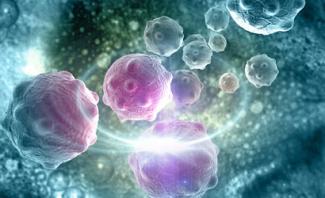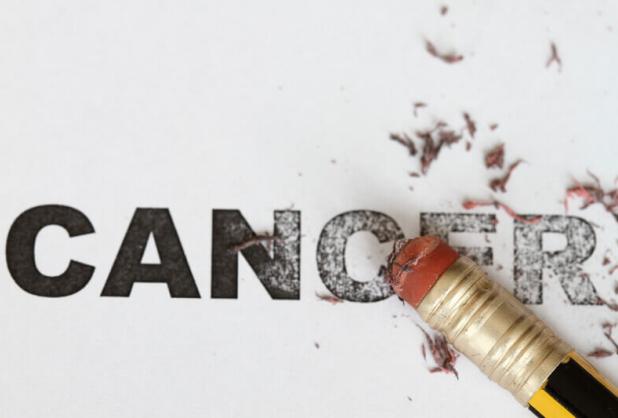At Mays Cancer Center at UT Health San Antonio, we are revolutionizing cancer care through breakthrough research, cutting-edge treatments and a deep commitment to saving lives. Our work doesn’t stop in the lab—we bring discoveries to the patient’s bedside, ensuring the latest advancements in cancer care are accessible to those who need them most. With a multidisciplinary team of experts, we provide best-in-class therapies, giving patients and their families hope, healing and life-changing support every step of the way.
As the only National Cancer Institute (NCI)-designated Cancer Center in South Texas, the Mays Cancer Center serves a vast 38-county region with over 5 million residents. Our team of more than 300 cancer researchers and clinicians is dedicated to transforming the way cancer is diagnosed, treated and prevented—not just in San Antonio and South Texas, but worldwide.
Our 175+ active clinical trials offer patients groundbreaking new treatment options.
Pioneering Pediatric Cancer Research
The Greehey Children’s Cancer Research Institute at UT Health San Antonio is one of only two institutes in the U.S. exclusively dedicated to pediatric cancer research. Home to more than a dozen laboratories, the institute is at the forefront of cancer genomics, DNA repair, RNA biology and drug development—all with the goal of creating safer, more effective and less toxic treatments for childhood cancers.
At UT Health San Antonio, we are more than a cancer center—we are a beacon of hope, a hub of innovation and a leader in the fight against cancer.
Join us in the fight. Together, we are making a difference!
Only National Cancer Institute-designated cancer center in South Texas
300+ cancer researchers and clinicians
World-renowned Breast Cancer Symposium
In The News
This story was first published in the February 2026 issue of the Bexar County Medical Society’s San Antonio Medicine magazine. New face of head and neck cancer A healthy 40-year-old man visits his primary care physician for a mass on his neck. He doesn’t smoke, has no risk factors for head and neck cancer, […]
UT Health San Antonio, the academic health center of The University of Texas at San Antonio (UT San Antonio), received nearly $3 million in new academic and prevention awards as part of the latest, almost $154 million funding round announced on November 19 by the Cancer Prevention Research Institute of Texas (CPRIT). This brings CPRIT’s […]
Research scientists and clinicians at UT Health San Antonio are working to halt one of the most persistent bacterial infections that silently affects millions of people worldwide. Helicobacter pylori (H. pylori) is a spiral-shaped bacterium capable of burrowing into the stomach lining and is the only bacterium known to directly cause cancer. Through leading […]



